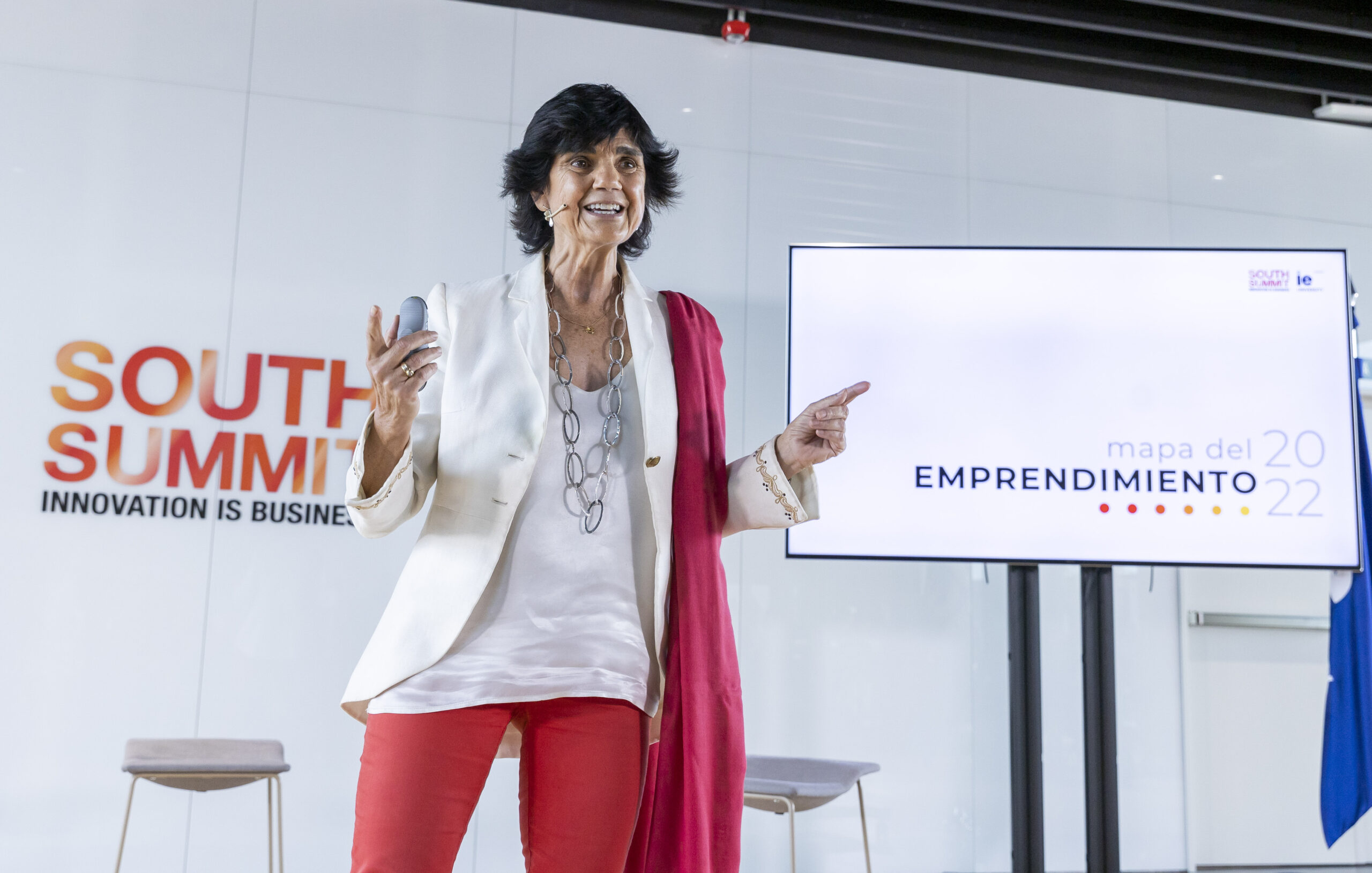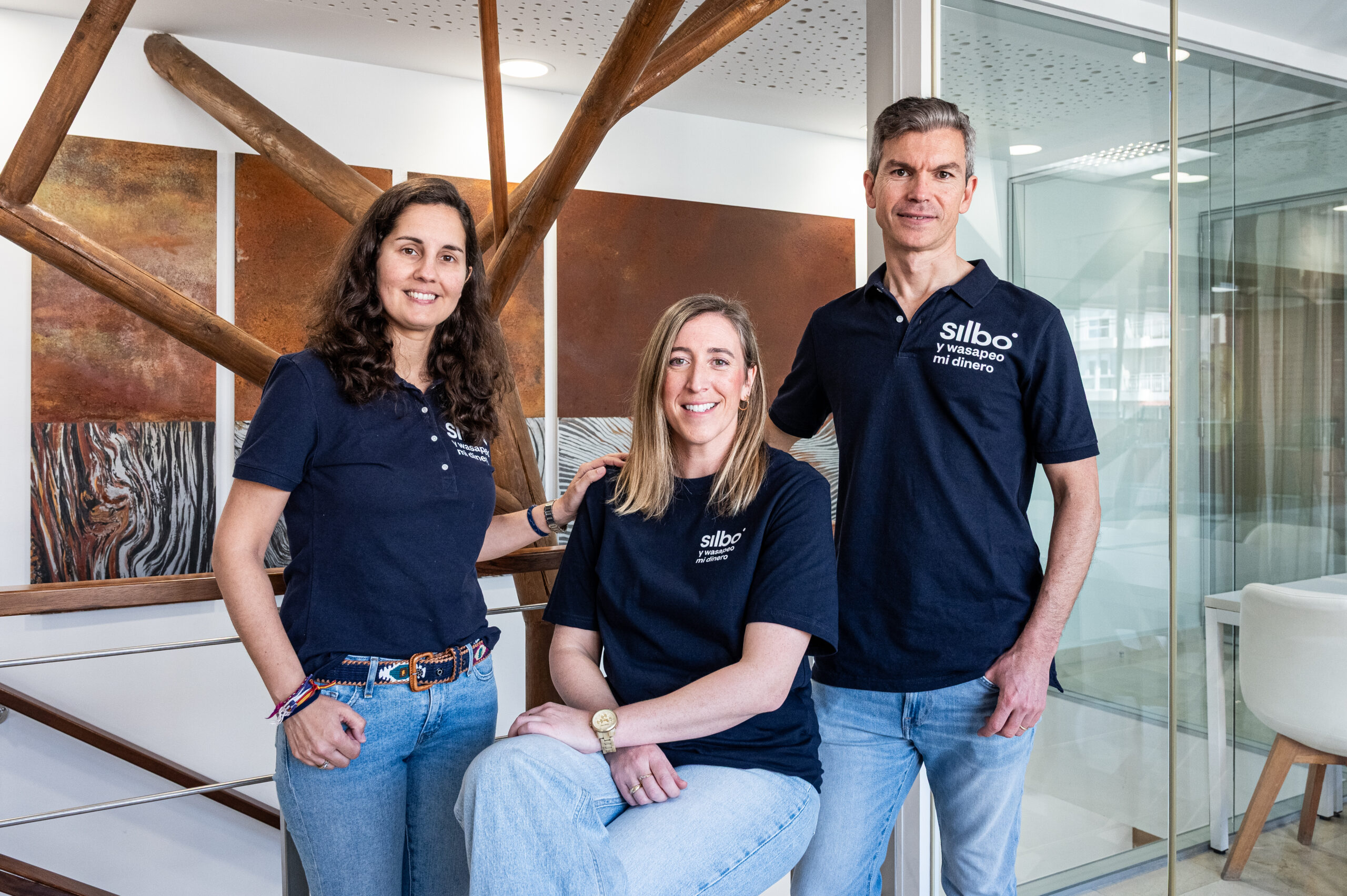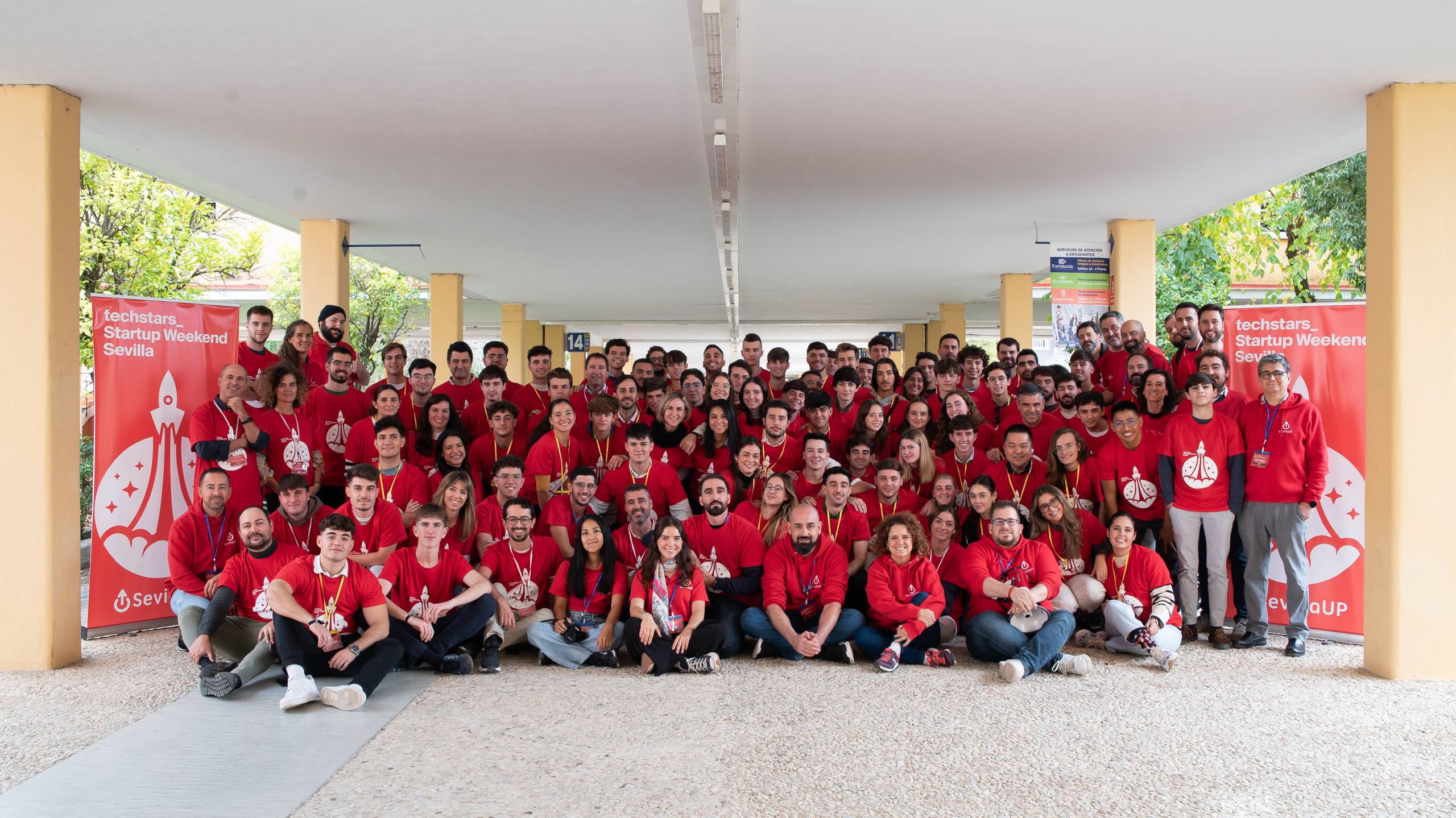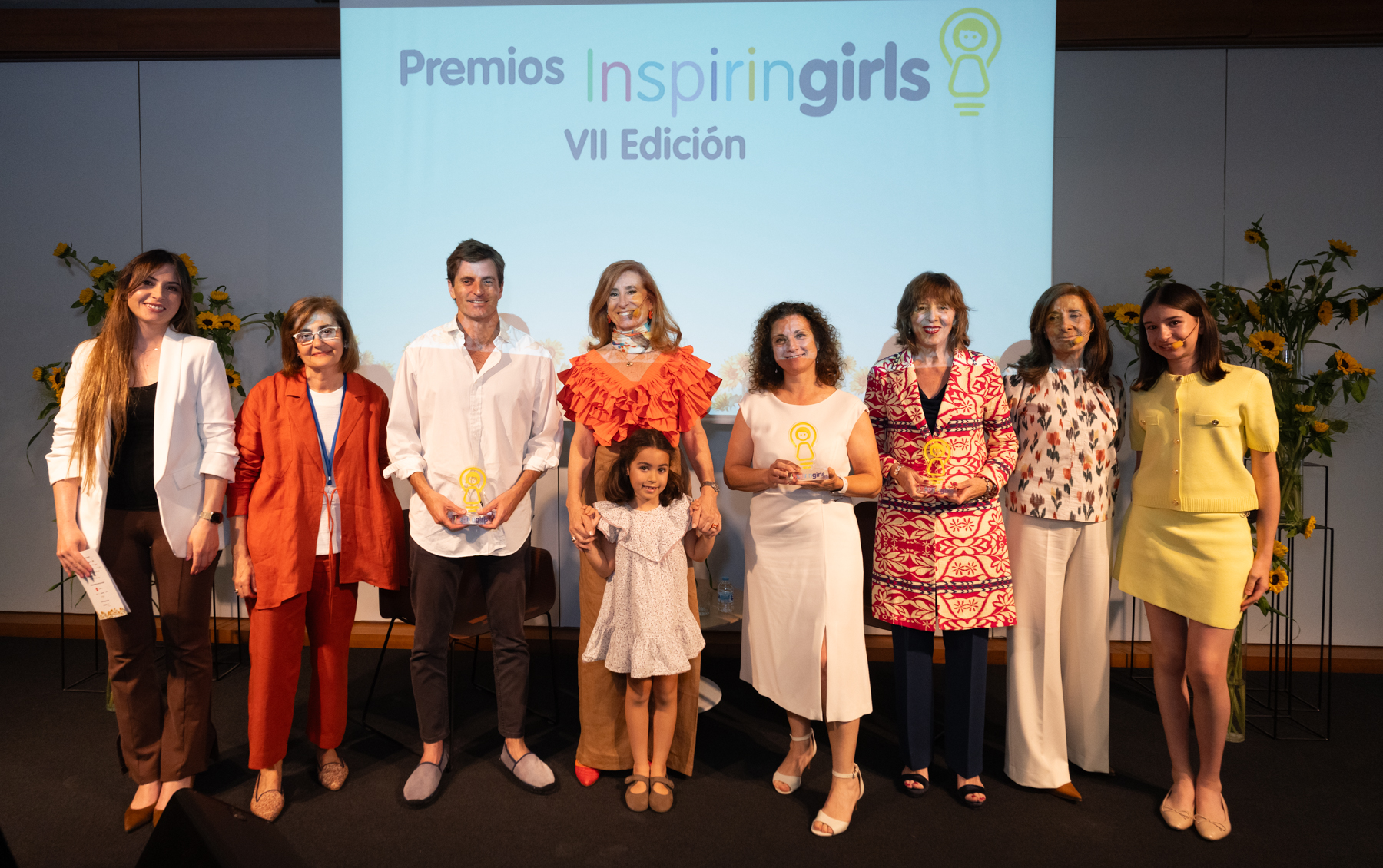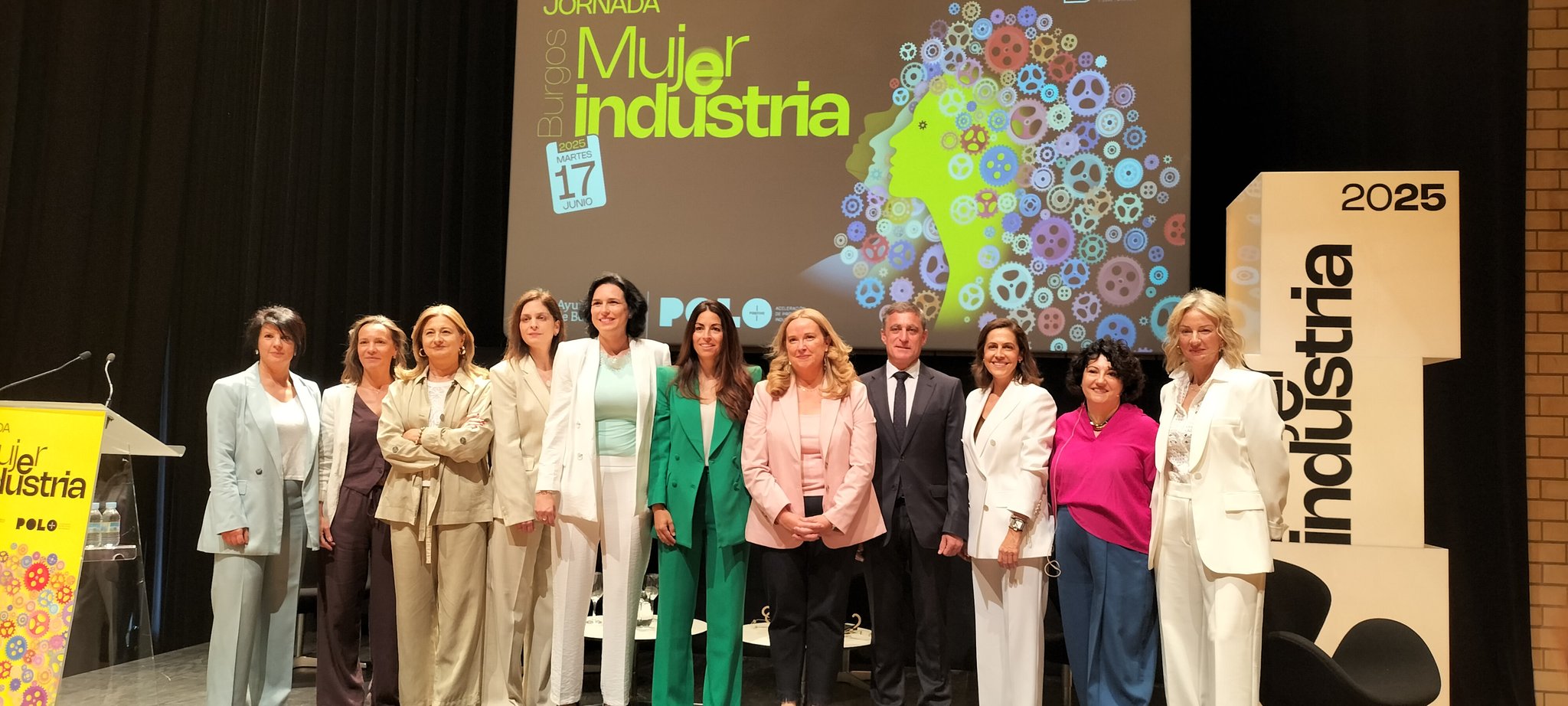Although VCs and investors prefer an experienced, team-based approach in founding teams when it comes to startups they back, the Spanish ecosystem is seeing the ‘solopreneur’ phenomenon blossom. According to the “2022 Entrepreneurship Map”, developed by South Summit in collaboration with IE University, solopreneurs represent 6% of the startups in Spain. As the term originated in the United States indicates, solopreneurs work independently and don’t hire employees or other team members. This type of entrepreneur, found mostly in businesses from the digital field, can also be considered a freelancer 3.0.
Salvador Aragón, General Director of Innovation and professor at IE University, expressed that “although the team continues to be the constant in the ecosystem, in recent years we have seen how the figure of the ‘solopreneur’ has grown, showing us the great capacity for the democratization of the ecosystem, which has a wide diversity of professionals”.
This year’s South Summit Entrepreneurship Map analyzed the situation of the Spanish entrepreneurial ecosystem and compared it to other regions, focusing on the evolution of its behavior in recent years. Amongst its findings, the report also highlighted that 60% of Spanish startups normally have between 2 and 3 founders, while 35% have more than 4.
The probability of success of a Spanish startup increases if its founders have greater experience. While the percentage of sales of a project created by new entrepreneurs is less than 20%, this rate exceeds 70% among those who have created more than four startups.
What does the Spanish entrepreneur typically look like?
According to the findings, these are mostly men (80%), around 33 years old, and with an impressive academic background (the majority have a university degree, 70% have a master’s degree and 16% are entrepreneurs with a Ph.D.). Moreso, they showcase significant previous professional experience, with more than half having worked in a company before starting their startup, 24% already have an entrepreneurial project in their resumes and 7% have been employed in a startup.
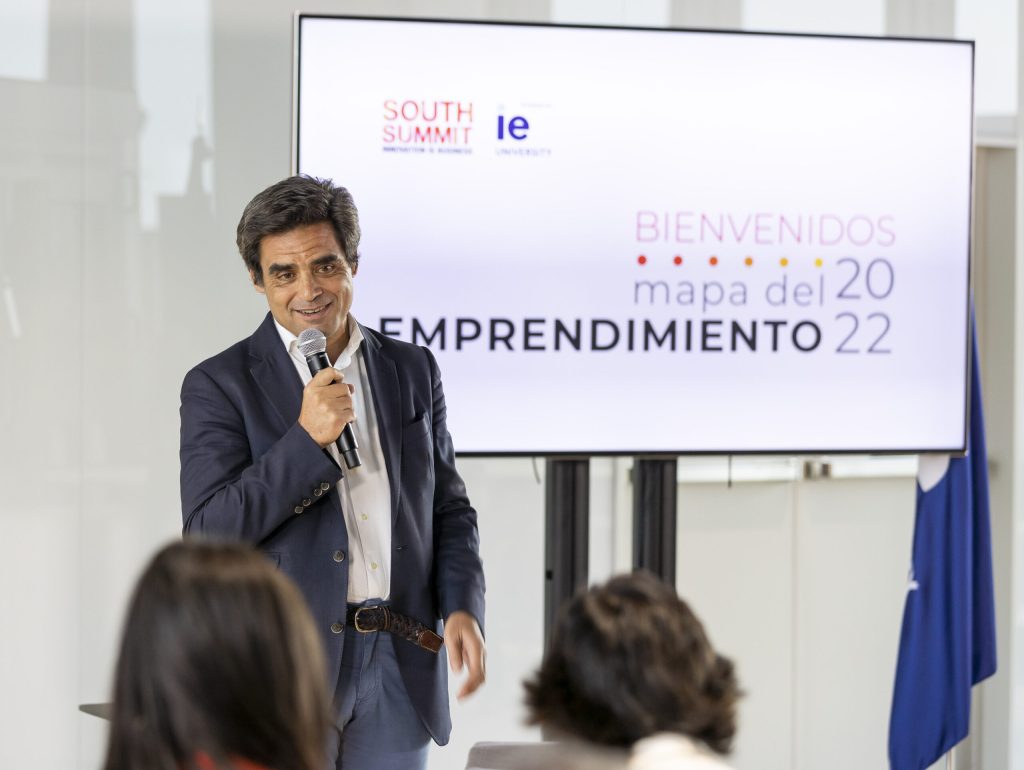
The incorporation of women into the ecosystem continues to be an issue at a global level. The report identified that 6 out of 10 startups are founded solely by men and only 6% by women. Yet in Spain, female entrepreneurs account for 20%, slightly above Europe as a whole (17%) and below North America (21%) or Latin America (24%).
The data was extracted from over 3,600 projects registered in the Startup Competition of the latest edition of South Summit Madrid 2022, in which 75% of the evaluated projects are international.
Following the trend from previous editions of this report, the serial entrepreneur also remained a constant in the ecosystem, with 62% of entrepreneurs have founded more than one project in their lifetime, a 2% increase from 2021, which shows how the ecosystem itself is a source of talent.
María Benjumea, founder and president of South Summit, assured that the data of the Entrepreneurship Map is the verification of the professionalization and growth of the Innovation Ecosystem in Spain. “The maturity of the ecosystem is evidence that we are seeing an unstoppable phenomenon, and excellent news because it is key to the growth of our economy.”
A growing, mature and diverse ecosystem
South Summit’s ‘2022 Entrepreneurship Map’ confirms the maturity of the entrepreneurial ecosystem in Spain. Spanish startups now see an average life of 3 years, with a positive evolution compared to previous years (2.7 years of average life in 2021, 2.5 in 2020, and 2.2 in 2019). This average, though, is slightly below that of startups in North America (3.04 years of life), Europe (3.19), and Latam (4.47).
As the startups’ lifespan continues to grow and reach similar levels as those in other regions, the Spanish ecosystem has demonstrated to be increasingly knowledge-intensive and diversified, not only in technologies but also in sectors. Fintech, education, and health represent the top 3 industries with growing new opportunities, followed by software development, e-commerce, social impact, agrotech, data, and analytics. This year, productivity services and media also made the cut of the top 10 industries in which startups are placing their focus in the Iberian country.
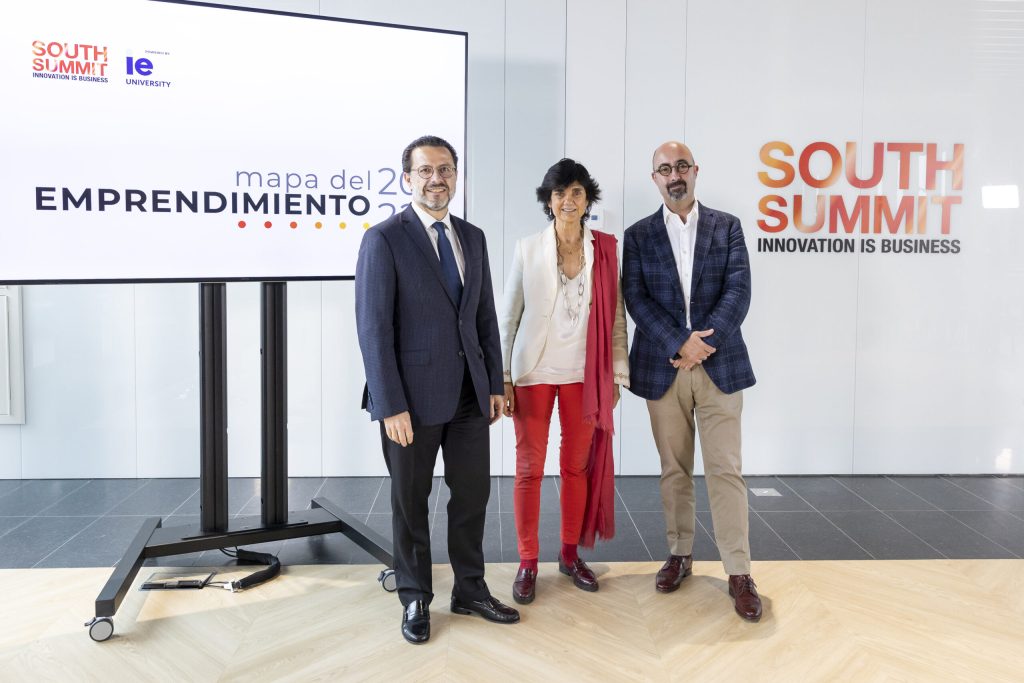
South Summit’s report also highlighted that Artificial Intelligence (AI) industries show great potential for growth in Spain, as AI projects represent 16.8% in Spain, compared to 18.8% in Latin America and 22.4% in Europe.
The maturity of an ecosystem is also measured by the capacity to generate job opportunities. In Spain, 69% of the projects have between 2 and 10 employees, while 26% (9% more than last year) have between 10 and 50 professionals in their teams. Surprisingly, hiring expectations for 2023 are positive even in an economic environment conditioned by inflation.
Income, funding, and expectations from investors
Nowadays, 6 out of 10 startups in Spain are generating revenue, an 11% increase from 2021. Likewise, 11% of Spanish startups exceed 500,000 euros per year and 18% are showing positive EBITDA, which accounts for another increase of 6% when compared to last year, and 5% more than in the rest of Europe.
The 2022 Map of Entrepreneurship also identified that there had been a significant change in trends when it comes to funding sources. The industry is moving towards an increasingly professional and balanced model, as private funds have gone from representing 11% in 2018 to 32% in 2022. On the contrary, own funds have fallen from 60% to 46% in the same time period.
With the current economic situation worldwide, entrepreneurs and startups are not only looking for more financing, to gain greater visibility, or achieve more strategic agreements, but they are also demanding more taxation improvements in all regions in order to attract more investors and gain greater flexibility when contracting employees. María Benjumea and Salvador Aragón presented the conclusions of this report at IE Tower, the new headquarters of IE University in Madrid. They were accompanied by Javier Fernández-Lasquetty, Minister of Economy, Finance, and Employment of the Community of Madrid, and Begoña Villacís, Deputy Mayor of Madrid. During the presentation, the organizers presented Summit Madrid 2023’s new theme, Today 2030, which will receive the support of the Secretary of State for Digitization and Artificial Intelligence, the Community of Madrid, and the Madrid City Council.



